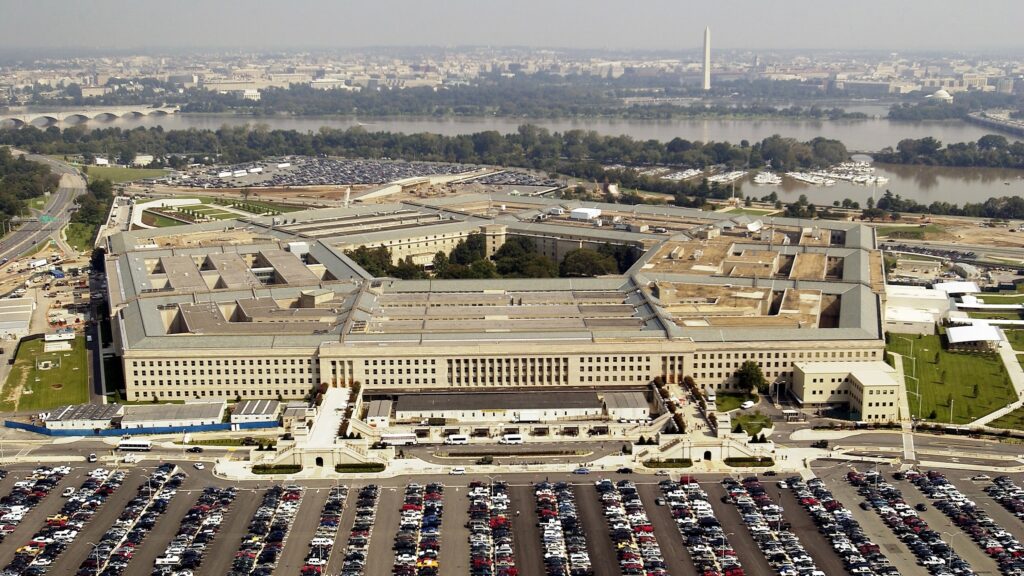Billions Unaccounted For as 2028 Deadline Looms
Introduction: Another Year, Another Failure
The Pentagon has once again failed to pass an audit, marking the seventh consecutive year it has failed to account fully for its staggering $824 billion budget. This ongoing pattern raises serious questions about financial accountability within the Department of Defense (DoD). Despite repeated assurances, the DoD continues to fall short, earning yet another “disclaimer of opinion,” a clear indication of its inability to provide auditors with sufficient data.
Excuses Over Accountability
Under Secretary of Defense Comptroller Michael McCord downplayed the failure, insisting that “momentum is on our side.” Such optimism, however, does little to address the harsh reality: less than half of the Pentagon’s entities achieved clean or qualified audits. Even with some incremental progress, the majority of the DoD’s financial systems remain in disarray.
Rather than accepting responsibility, McCord dismissed the criticism, likening the situation to a report card that is “half good and half not good.” This attempt to soften the narrative ignores the magnitude of the problem. Managing the nation’s defense budget demands more than spin; it requires meaningful results.

Persistent Problems and Costly Failures
The DoD cites the complexity of its sprawling systems as a primary obstacle. However, this is no excuse for its failure to make meaningful progress since audits became mandatory in 2018. The Pentagon has spent $178 million this year alone on audit-related efforts, employing 1,700 auditors, yet continues to miss basic accountability benchmarks.
The few successes—clean audits achieved by entities like the Defense Commissary Agency and the National Reconnaissance Office—are overshadowed by the widespread dysfunction across the department. Even after years of scrutiny, major areas remain plagued by material weaknesses and incomplete financial reporting.
Hollow Promises of Progress
The Pentagon’s claim of being on track for a clean audit by 2028 rings hollow. McCord’s insistence that this is “not a classic political issue” only highlights the DoD’s inability to implement lasting solutions. The suggestion that continuity across administrations will fix the problem ignores the deeper systemic failures that have persisted under both Democratic and Republican leadership.
A Systemic Accountability Crisis
The Pentagon’s repeated audit failures expose a troubling lack of transparency and accountability within the nation’s largest government agency. While officials tout incremental improvements, the scale of unaddressed issues undermines public trust and raises concerns about fiscal responsibility. Unless the DoD takes concrete steps to overhaul its financial practices, the promise of a clean audit by 2028 seems more like a PR exercise than a realistic goal.
Our Visitor






 Users Today : 40
Users Today : 40



